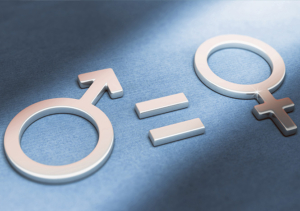
Where is gender equality
At the end of 2022, the European Commission measured the equality index for women and men across EU countries. This is not an encouraging situation.
What is taking place in the EU and Italy.
Overall, progress continues slowly, only 0.6% higher than last year. The current EU average score is around 68.6%, only 5.5% higher than in 2010, when the measure began. From 2019 Italy is stuck at 60.1%; among the countries with the best results are Sweden, Denmark and the Netherlands that reach 84%, even if progress is stalled in Sweden and Denmark, whereas Greece, Hungary and Romania have more difficulty in promoting gender equality.
Labour market and education.
The gender equality index recorded a decline in the labour market participation score and in the number of women entering formal and informal education. The data show that men still do the highest paid work outside the home, while women do most unpaid work in the home and, even when they work outside the home, they are paid less. For example, in the United Kingdom in 2019, women of working age earned 40% less than their male counterparts.
What happened during the pandemic.
The impact of the pandemic on specific groups of people has been devastating: older women and men and women and men with disabilities have reported increased unmet needs for medical checks. In addition, young women face higher levels of unemployment due to the economic impacts of the pandemic, and women of migrant origin are at increased risk.
Who provides unpaid care.
In terms of unpaid care time, the data shows an increase in responsibilities over the pandemic period that have not been evenly distributed.
This applies in particular to high-intensity childcare, where 40 % of women, compared to 21 % of men, spend at least four hours on a normal day of the week caring for young children. The gender gap in tedious domestic work has also widened during the pandemic, with 20% of women, compared to 12% of men, working four or more hours a day.
What the 2023 Budget Law provides for.
Finally, with regard to the 2023 budget bill, that does not encourage improvements. The month of parental leave, granted only to mothers and paid to 80%, will in fact overlap with the changes that came into force last August since the transposition of the European Directive 2019/1158, thanks to which parents are given the right, alternatively among themselves, to take three months more parental leave.
The renewal of the option for women on more favourable terms for those who have had children effectively hinders the closure of the gender pension gap, which is still more than 30% and discourages the recovery of possible absences from the labour market due to children in mature age; and family.
Women #work #training #Italy #EU










